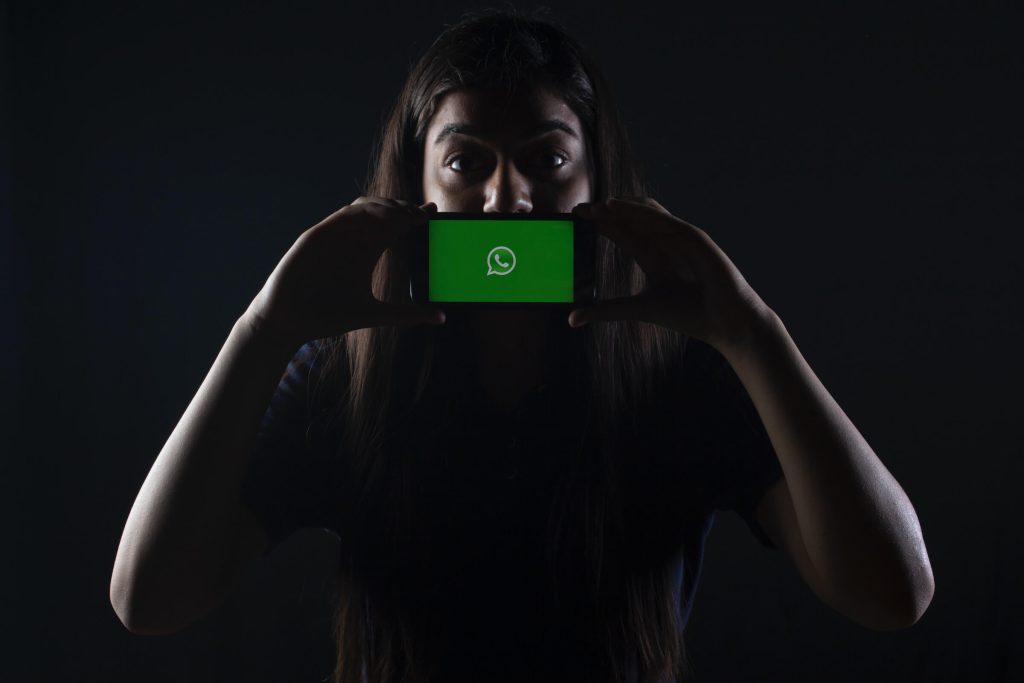Before you even begin to type out that promotional message, take a deep dive into who your audience is and why you’re sending blast messages in the first place. What are their preferences, behaviours, and times when they are most likely to engage with your content or messages on WhatsApp? Your blast message on WhatsApp should feel like it’s speaking directly to them, addressing their needs, desires, or pain points.
In a free WhatsApp message, you have limited real estate to catch attention. Your message should be clear, concise, and compelling. Start with a hook that resonates with your audience, deliver the value proposition quickly, and always include a call to action (CTA).
With tools available for segmentation and personalisation approved by WhatsApp, there’s no excuse for a one-size-fits-all blast. Personalise your messages using names, past purchase history, or behaviours to show your customers that you know them.
Sending a WhatsApp blast message at the right time can mean the difference between a new conversion and a lost opportunity. Analyse when your audience is most active and likely to engage, and schedule to send WhatsApp blast messages accordingly.
Take advantage of WhatsApp’s ability to send more than just text as a marketing service. Integrate images, videos, or voice notes to make your message stand out. Multimedia content can increase engagement and help explain complex messages in a simple way.
Make your WhatsApp blast marketing messages interactive. Polls, surveys, and interactive GIFs can increase engagement rates. They’re not only fun but also provide valuable feedback and data for your business.
Adhere strictly to WhatsApp’s policies and local regulations regarding user privacy and consent when using WhatsApp for marketing. Ensure that every contact on your blast list has opted in to receive communications from your brand in SG.
Always be testing. Run A/B tests for different message formats and content to see what resonates best with your audience. You can even test out ready-to-use WhatsApp blast message samples and personalise for your customer base. Use analytics to measure open rates, click-through rates, and conversions, and optimise your campaigns accordingly to be relevant and valuable.
Always be testing. Run A/B tests for different message formats and content to see what resonates best with your audience. You can even test out ready-to-use WhatsApp blast message samples and personalise for your customer base. Use analytics to measure open rates, click-through rates, and conversions, and optimise your campaigns accordingly to be relevant and valuable.
Lastly, remember that bombarding your audience with messages can lead to ‘message fatigue’ and even unsubscriptions. Try to send messages of high quality that add value rather than spamming users with frequent, irrelevant content to their WhatsApp numbers every hour.
Using WhatsApp blast for marketing campaigns can encompass a variety of message types, each serving specific strategic purposes. Understanding these can help tailor your campaign to achieve desired outcomes, whether it’s boosting sales, enhancing customer service, or nurturing leads.
These are the bread and butter of WhatsApp marketing campaigns. They’re designed to alert customers about sales, new product launches, or exclusive offers. A successful promotional message should be vibrant and exciting, often including emojis, compelling images, or even short videos that showcase the product or offer in action. The key here is to make your promotion feel exclusive and urgent, prompting immediate action.
These messages follow a user action, such as a purchase or a sign-up. They might include order confirmations, shipping updates, or booking confirmations. Though transactional by nature, they present an opportunity to enhance brand perception by being prompt, informative, and reflective of your brand’s voice.
Knowledge-sharing messages can position your brand as an authority in your field. This could be tips related to your product, industry news, or how-to guides. The aim is to provide value beyond the immediate sale, fostering long-term customer relationships.
These are targeted at users who have shown interest in your products or services but haven’t made a purchase. A re-engagement message might include a special discount code or a gentle reminder of the items they viewed or left in their shopping cart.
Feedback messages are a goldmine for customer insights. They can be structured as quick polls or surveys asking for ratings or open-ended responses. The dual benefit here is clear: customers feel heard, and businesses gain actionable feedback.
For businesses that host events, WhatsApp is an ideal channel to send out event reminders, updates, or post-event thank-you messages. These messages can also include interactive elements like RSVP links or feedback forms.
This type of message is about building a narrative around your brand. Share your journey, customer success stories, or behind-the-scenes glimpses into your company. Storytelling messages should resonate emotionally, building a deeper connection with your audience.
Timely messages around holidays and seasons show that your brand is in sync with the customer’s world. These messages can be festive greetings or special holiday offers, helping to humanise your brand and join in the celebration with your customers.
Sending personalised messages on special occasions, such as a customer’s birthday or the anniversary of their first purchase, can significantly boost customer loyalty. These messages often include a special offer or discount as a gift, making the customer feel valued.
